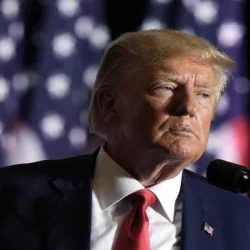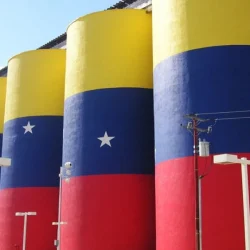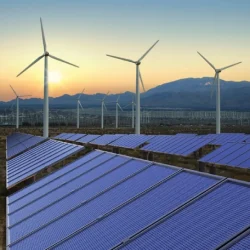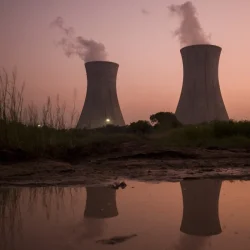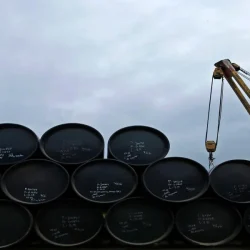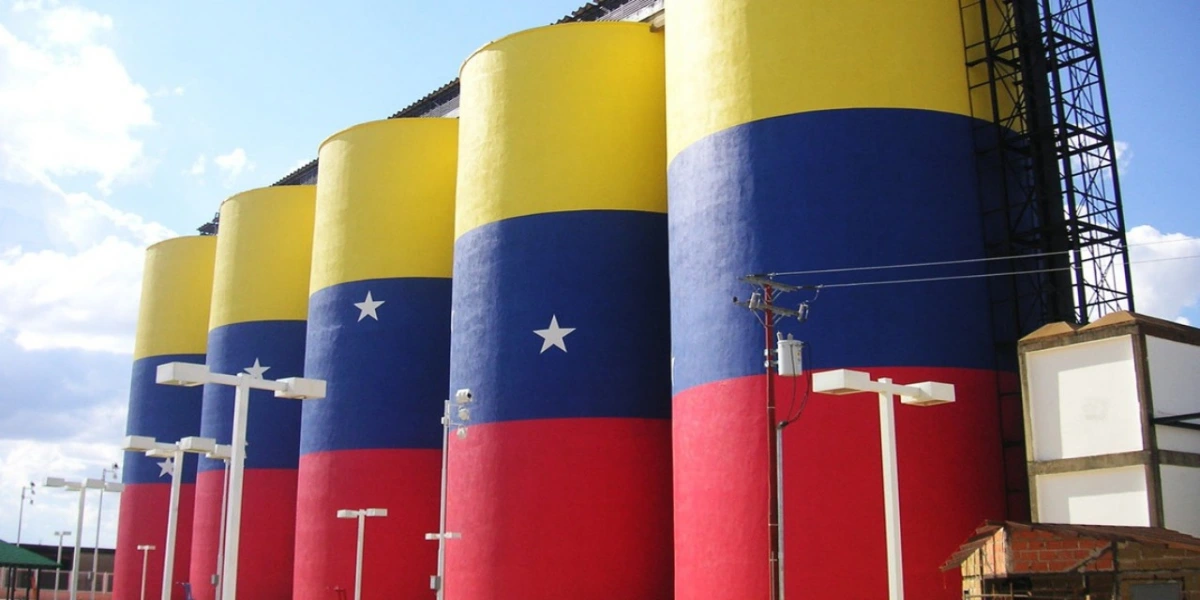Venezuela’s state-owned oil company, PDVSA, has signed at least nine new contracts with foreign oil service providers, including two Chinese firms, in an effort to maintain its oil production levels and foreign currency inflows following Chevron’s exit due to U.S. sanctions.
Under these agreements, foreign companies are authorized to restart existing oil wells and sell the produced oil—an approach that diverges from Venezuela’s traditional model of oil sector control.
These deals are part of President Nicolás Maduro’s broader strategy to fill the void left by major Western companies whose licenses were not renewed after the U.S. government declined to extend their sanctions exemptions.
Chevron, which was responsible for about a quarter of Venezuela’s oil output, saw its license expire in early April. The company was given until May 27 to wind down its operations. Other American service companies—such as Halliburton, Schlumberger, Baker Hughes, and Weatherford International—also lost their licenses in early May.
Venezuela’s oil minister stated that the country is determined to continue its oil production despite the U.S.’s unilateral and coercive measures. The new contracts grant foreign companies permission to operate in the Zulia and Orinoco Belt regions, Venezuela’s most important oil-producing areas.
According to the agreements, PDVSA will retain at least a 50% stake in crude oil production, while the partner companies will manage field operations and receive a portion of oil sales revenues.
Additionally, the foreign companies will benefit from special tax exemptions, and PDVSA will finance its share of the investment through oil exports.
Chevron is no longer allowed to produce oil in Venezuela, although it has received a waiver to maintain its equipment in the country.
PDVSA projects that the nine oil blocks covered under these 20-year contracts will collectively produce around 600,000 barrels of oil per day, requiring a total capital investment of $20 billion.

